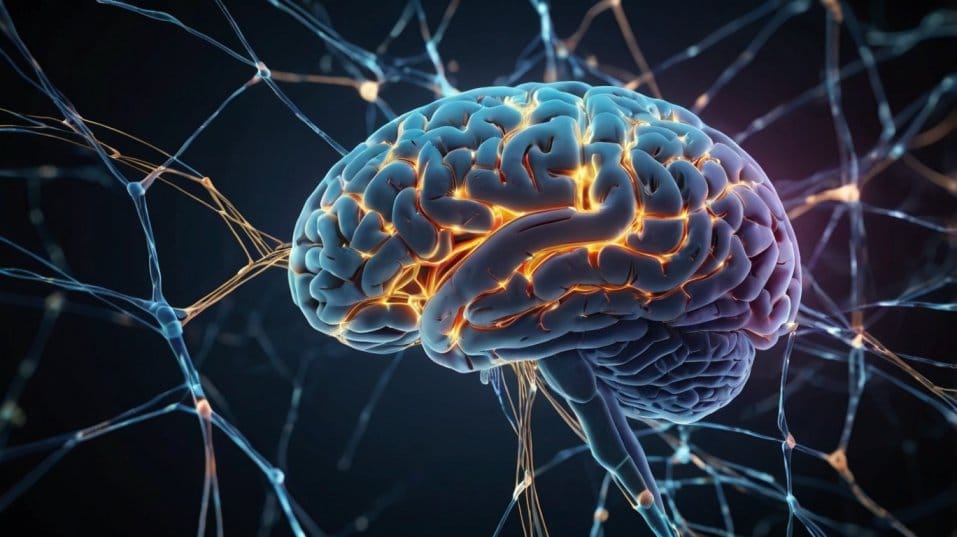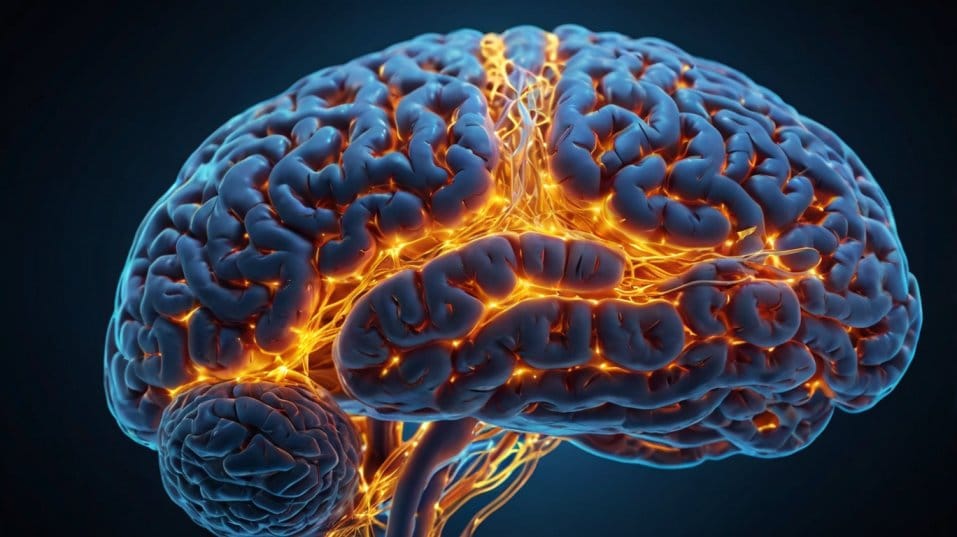The Link Between Mindfulness and Neuroplasticity
Discover how mindfulness enhances neuroplasticity, improving focus, memory, and stress resilience. Explore the neuroscience behind brain change.

What if your brain could become sharper, calmer, and more adaptable—not by chance, but by design? Science confirms it can.
Your brain isn’t fixed; it rewires itself based on your actions and experiences. This ability, called neuroplasticity, means you can shape your focus, resilience, and decision-making.
One of the most powerful ways to do this? Mindfulness. By training your mind, you strengthen the very circuits that drive success, turning focus and composure into second nature.
The Science of Neuroplasticity
Neuroplasticity is the brain’s ability to form and reorganize neural connections. It plays a key role in learning, memory, and emotional regulation.
When you engage in a repeated behavior or thought pattern, your brain strengthens the corresponding neural pathways.
The more you practice mindfulness, the stronger these beneficial pathways become, enhancing focus, emotional control, and cognitive flexibility.
MRI studies show that mindfulness meditation increases grey matter density in critical brain regions, improving learning, memory, and stress management.
The changes aren’t just theoretical—they translate to real-world improvements in performance and well-being.
Regular mindfulness practice also reduces activity in the default mode network (DMN), the part of the brain responsible for mind-wandering and self-referential thoughts.
This leads to enhanced presence, reduced rumination, and better cognitive control.

How Mindfulness Rewires Key Brain Regions
Mindfulness doesn’t just change how you think—it physically alters your brain. Different regions adapt to regular practice, enhancing focus, emotional regulation, and cognitive performance.
One of the most critical areas affected is the prefrontal cortex, the command center for rational thinking and decision-making.
Prefrontal Cortex: Strengthening Focus and Decision-Making
The prefrontal cortex governs rational thinking, focus, and self-control. Mindfulness enhances neural activity here, leading to better concentration, clearer thinking, and stronger decision-making under pressure.
Professionals who practice mindfulness report fewer distractions, improved productivity, and more confident leadership.
Studies indicate that just eight weeks of mindfulness training can significantly strengthen prefrontal cortex activity, improving cognitive flexibility and problem-solving abilities.
Amygdala: Rewiring Stress Responses
The amygdala, responsible for processing emotions and triggering stress reactions, shrinks with regular mindfulness practice.
A smaller, less reactive amygdala means lower stress levels, better emotional regulation, and the ability to stay composed in high-pressure situations.
This effect is particularly beneficial for professionals in high-stress environments, as it reduces burnout, enhances emotional intelligence, and improves interpersonal relationships.
Hippocampus: Enhancing Memory and Learning
The hippocampus, essential for memory and learning, grows in density with mindfulness.
This leads to stronger memory retention, faster problem-solving, and greater adaptability—key advantages for professionals navigating complex work environments.
A well-developed hippocampus also enhances creativity, as it allows the brain to access and organize information more effectively.
Breaking Habits and Reinforcing Positive Patterns
Your brain’s neural pathways shape your habits. Negative thought loops and stress-based reactions are reinforced over time, making them automatic.
Mindfulness disrupts these patterns by increasing self-awareness and strengthening neural circuits associated with focus, patience, and resilience.
By consistently practicing mindfulness, you weaken unhelpful habits and solidify productive ones. Over time, mental clarity, calmness, and positive emotional responses become your default state.
This shift can transform workplace dynamics, fostering a more composed and focused approach to challenges and decision-making.
Brain Waves, Mindfulness, and Cognitive Performance
Mindfulness also influences brain waves, which determine mental states and performance:
- Theta waves (4–8 Hz) rise, enhancing creativity and deep thinking. This helps in generating innovative solutions and improving problem-solving abilities.
- Alpha waves (8–14 Hz) increase, promoting relaxation and reducing stress. Professionals who regularly engage in mindfulness report feeling more composed and less reactive in difficult situations.
- Gamma waves (30+ Hz) strengthen, heightening cognitive performance and awareness. These high-frequency waves are associated with peak mental performance, making mindfulness a crucial tool for those seeking to optimize their productivity and focus.
These shifts make your brain more receptive to learning and behavioral change, reinforcing the benefits of mindfulness. Over time, this results in better work performance, improved emotional intelligence, and increased resilience to stress.
The Role of Mindfulness in Emotional Intelligence
Emotional intelligence (EQ) is a critical skill in the modern workplace. Mindfulness enhances EQ by improving self-awareness, self-regulation, empathy, and social skills. By consistently practicing mindfulness, professionals can:
- Recognize and manage their emotions more effectively.
- Improve their ability to navigate workplace conflicts.
- Develop stronger interpersonal relationships and leadership skills.
- Enhance their ability to remain composed under pressure.
These benefits extend beyond professional settings, improving overall well-being and personal relationships.
Mindfulness Practices to Boost Neuroplasticity
Integrating mindfulness into your daily routine strengthens neural pathways and primes your brain for peak performance. Here’s how:
Focused Attention Meditation
Choose a focal point (breath, sound, or sensation). Each time your mind drifts, bring it back. This strengthens circuits in the prefrontal cortex, improving focus and decision-making.
Gratitude Journaling
Writing down positive experiences activates neural reward pathways, reinforcing optimism and emotional resilience. Over time, this rewires the brain for a more positive outlook and greater mental strength.
Mindful Breathing
Techniques like box breathing (inhaling for four counts, holding for four, exhaling for four) reduce amygdala activity, lowering stress and increasing calmness.
Practicing this throughout the workday helps maintain a balanced and focused mind.
Visualization Meditation
Imagining yourself succeeding activates mirror neurons, strengthening motivation and goal-oriented behaviors. This technique is particularly effective for professionals aiming to enhance confidence and performance.
Body Scanning
Bringing attention to different areas of the body relaxes the nervous system, reduces tension, and enhances overall mindfulness. This practice is beneficial for reducing stress-related physical symptoms such as headaches or muscle tension.
Loving-Kindness Meditation
Focusing on sending goodwill and compassion to yourself and others improves emotional intelligence and interpersonal relationships, fostering a more positive work environment.
Final Thoughts: Start Rewiring Your Brain Today
Your brain is constantly adapting. By practicing mindfulness, you take control of that process, reinforcing focus, emotional stability, and mental agility.
The science is clear—mindfulness transforms your brain for the better. Start small, stay consistent, and watch your cognitive and emotional resilience grow. The best time to rewire your brain? Right now.
Whether it’s a two-minute breathing exercise, a daily gratitude journal, or a short meditation session, every step you take strengthens the neural pathways that support a sharper, calmer, and more resilient mind. Commit today, and the benefits will last a lifetime.




